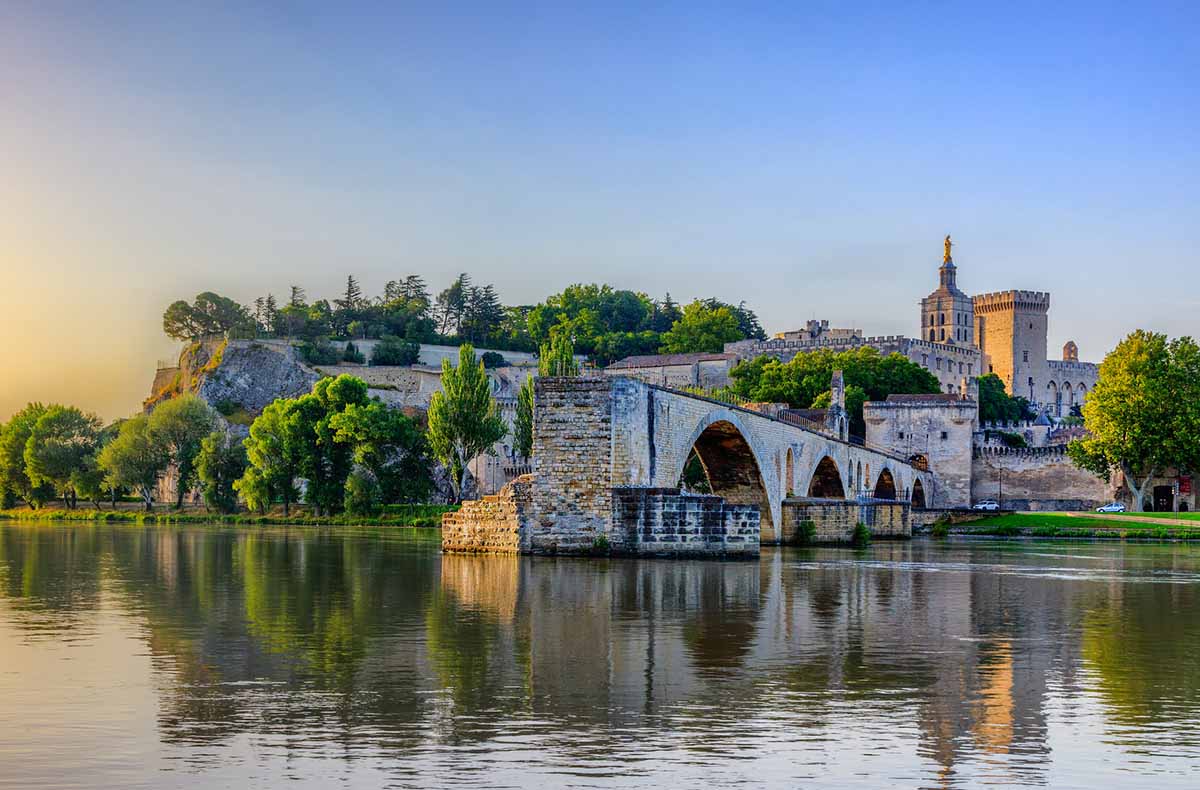
For my mom’s 40th birthday, her sisters gave her a set of plates decorated with pictures of various olives. Plump purple Kalamata olives, firm verdant Castelvetrano olives, oily dark Niçoise olives—each fruit painted in realistic fashion on a subtle beige background, rimmed by a band of green. A perfect gift for a mom, I thought at the time. Who else would be excited about tableware as a present? Who else would be so into olives?
Olives have always been abundant at our family meals, and for the first few decades of my life I was largely ambivalent towards them. A superfluous-if-inoffensive hors d’oeuvre, a tolerable component of certain salads. A perfectly fine oil. An annoyance as a pizza topping.
A child’s brain is prone to peculiar associations (in fairness, the same could be said for many adults), and because my mom’s side of the family is Greek, and because she seemed to like olives so much, I long believed that olives were a uniquely Greek obsession. As a result I felt a curious sort of connection to the fruit. It wasn’t quite “ownership,” but it was in the same concept cloud.
And I didn’t even like them that much!
Tastes change over time, of course. At some point in early adulthood my brain decided that olives were great, actually, and my mom’s fondness for them was a sign not of weirdness, but of good taste. Shortly thereafter I received external confirmation of this when the “Mediterranean diet”—in which olives are perhaps the defining component—was added to UNESCO’s list of things that comprise the Intangible Cultural Heritage of Humanity.
This was when I realized that Greeks aren’t the only ones who love olives. On UNESCO’s list alone, for example, the Mediterranean diet is attributed to over a half-dozen countries. Aside from Greece, you’ll find Spain, Portugal, Italy, Cyprus, Croatia, and Morocco. Having visited all of these places except Cyprus, I can confirm that olives are just as ubiquitous there as they were on the kitchen table of my childhood. And of course these are not the only countries where olives are loved.
Wherever you happen to find one, a Mediterranean olive grove is a sacred place. Some olive trees have literally outlived entire civilizations.
Once, when passing through southern Catalunya, I found myself in a fantastic landscape of thick, gnarled trees sprouting from arid and rocky soil. I walked around them for hours, gazing at their silvery-green leaves and wondering how many generations of people had plucked ripe fruits from their branches.
I later found out I’d stumbled upon the Mar d’Olives—the Sea of Olives, where many trees are over a thousand years old, including one that was scientifically dated to 1,700 years ago. While trying to definitely determine the world’s oldest olive tree is like trying to name the world’s best pizza, there are certainly worse kinds of quixotic quests.
It was in occupied Palestine where I not only realized but felt the holiness of olives. I was in the village of Ras Karkar, a small cluster of homes and shops perched on a hill about 10 kilometers outside Ramallah. The area has long been famous for its olive groves, which are under constant attack from Israeli extremists who want to seize the land for an illegal settlement nearby.
I’d come to Ras Karkar to document a protest by local olive tree growers. They were loading dozens of saplings into flatbed trucks, which would carry the trees and people to a nearby hill that extremist settlers (with backing from the Israeli military) were threatening to seize from its Palestinian owners. The protest’s organizers were planning to plant the tiny olive trees as an act of joyful defiance—to show that their own roots ran deep in the local soil.
By the time we arrived, though, Israeli soldiers had already taken their positions at the top of the hill. As the men of Ras Karkar attempted to carry their trees up the rocky slopes, we were met by a hail of rubber-tipped bullets and clouds of noxious tear gas. We coughed, ducked, slipped and fell and hid behind rocks. Then the soldiers advanced and we were forced to flee. There would be no olive trees planted that day.
But the villagers would keep trying. How could they give up? The threads of their lives were interwoven with those of olive trees; olives represented not only food and jobs but family, history, their fundamental conception of their own identities. I couldn’t understand the entirety of their experience, but something felt familiar in it.
Today, every time I open a jar of olives I think of that day on the hill outside Ras Karkar. As the lid cracks and that rich, salty smell fills the room, a flood of other memories come with it as well. My mother’s smile as she ladles Greek salad onto our plates; my sister’s laughter as we flick pits beside a Tuscan hiking path; my Andorran friend’s groan as I commit the sin of dipping a single crust of bread into two different kinds of oil.
An olive may be small, but entire universes are contained within it. Olives connect me to places and people in ways I’m continually surprised to discover. Life is richer in a thousand ways because of them. Who wouldn’t be into a fruit like that?


